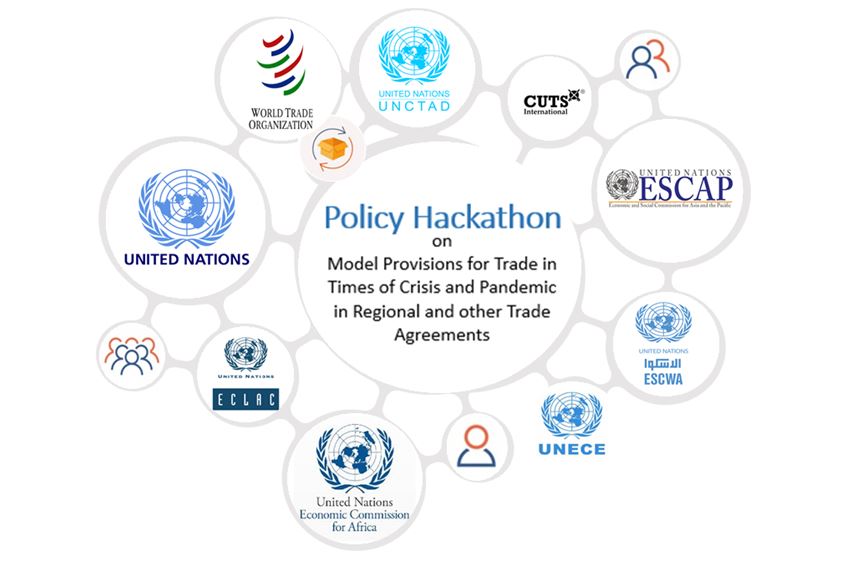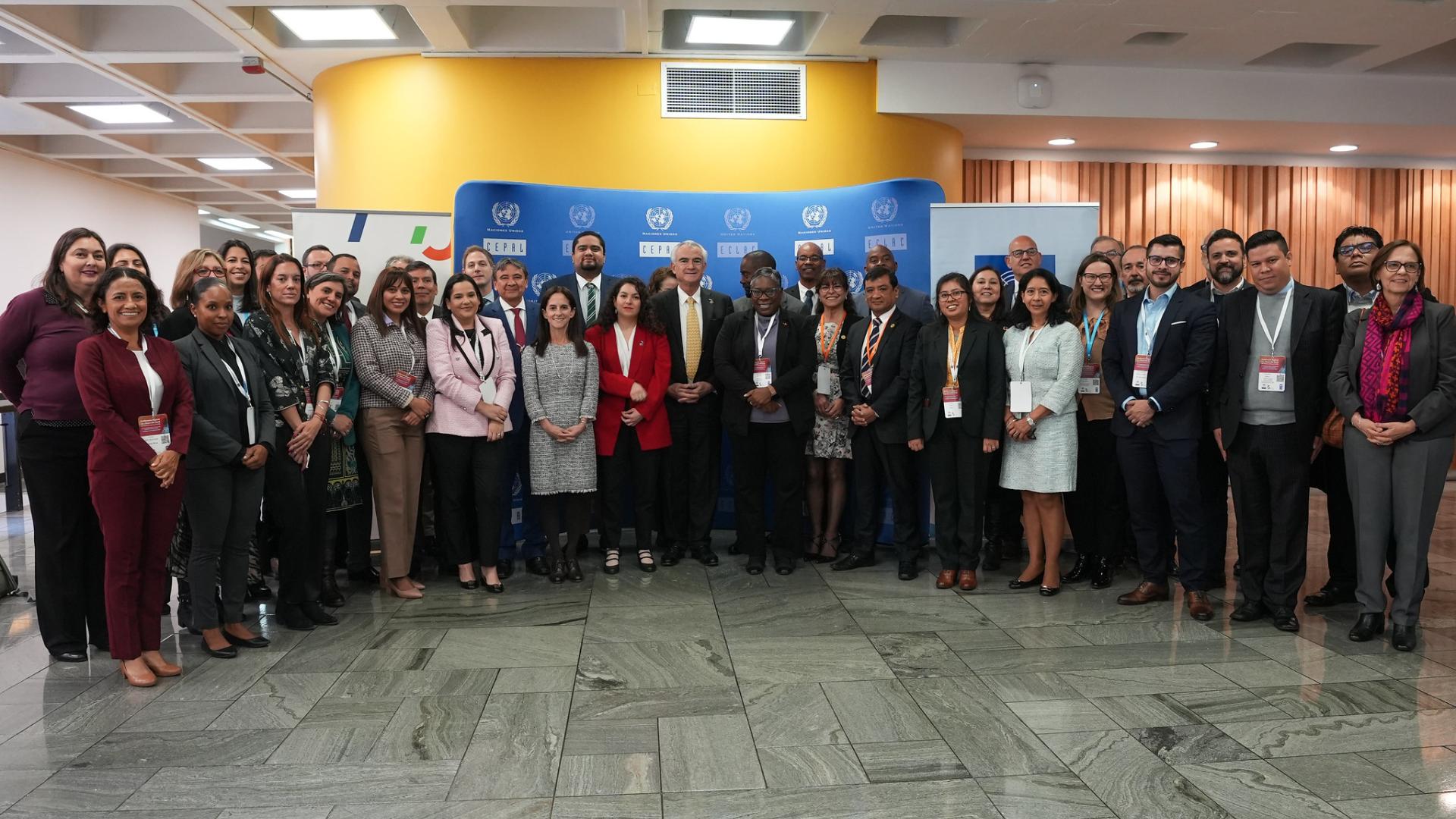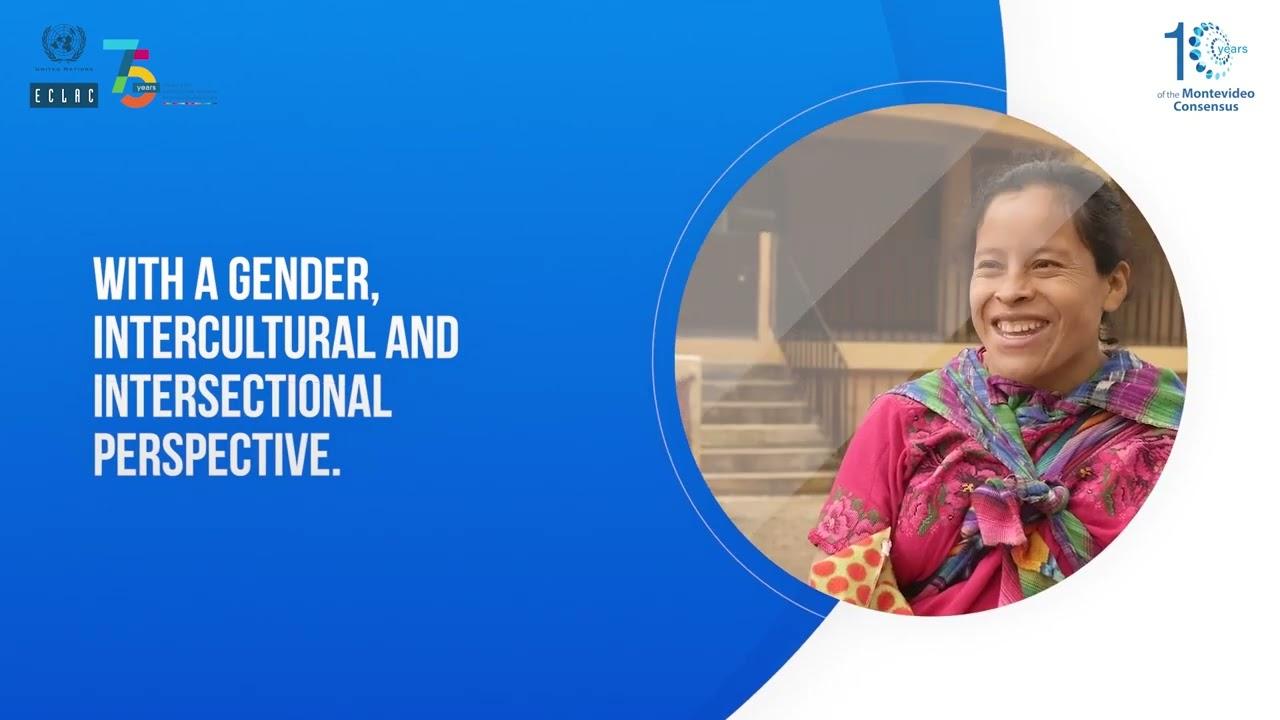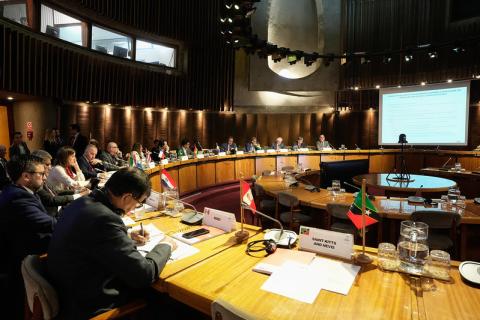Briefing note
Policy Hackathon on Model Provisions for Trade in Times of Crisis and Pandemic in Regional and other Trade Agreements
This Policy Hackathon is organized as part of a United Nations Initiative on Model Provisions for Trade in Times of Crisis and Pandemic in Regional and other Trade Agreements, in collaboration with ARTNeT, WTO, CUTS and other organizations from civil society, academia and the private sector.
In support of “building back better” after COVID-19, this Policy Hackathon aims to gather relevant inputs from all interested stakeholders from government, academia, civil society and private sector to support the development of provisions that could be included in regional and other trade and/or economic partnership agreements to guide national trade policies during and after a crisis or pandemic. Selected participants will have 45 days, starting 8 June 2020, to contribute innovative solutions towards ensuring that the collective benefits of trade arrangements are least compromised in a situation of crisis and pandemic. Contributions are expected to focus primarily on how trade agreements/provisions can more effectively keep essential supply chains flowing and trade lanes open; and support a timely response and recovery from crisis.
What is the expected outcome? All relevant submissions will be collected into an Online Repository, made available under their authors’ names on the initiative website. Selected submissions will be collated into an online (living) Handbook on RTA Provisions for Trade in Times of Crisis and Pandemic, jointly produced by participating UN and other international organizations, coordinated by ESCAP with the support of the Core Group of Experts and collaborating institutions. The Online Repository and Handbook will provide guidance and insights for trade negotiators on how to ensure, to the extent possible, that trade and supply chains can continue flowing/operating in times of crisis and pandemic.
Who should participate? If you are a (current or former) trade negotiator, an academic or a student interested in international trade law and/or agreements, or a trade expert /practitioner from a civil society or the private sector, you are welcome to participate and register your interest. All members of the Asia-Pacific Research and Training Network on Trade (ARTNeT) are particularly encouraged to do so.
Why should I, or my organization, participate? Your participation is an opportunity for you to make a difference during this COVID-19 pandemic and engage in a policy innovation process. Your input may help improve the way future RTAs and other trade-related agreements are designed to better cope with large-scale natural disasters, pandemics or even man-made crises. The Core Group of Experts and participating organizations supporting this initiative clearly see there is room for improving trade provisions and intergovernmental cooperation on trade by building on lessons learned from the covid-19 and other crises. New ideas and innovations are needed to do so. All relevant inputs received will be posted under their authors’ name on the United Nations webpage/online repository created for the initiative.*
How to participate? Please register to participate, it takes just a few minutes. You can participate either as an individual expert, or as part of a team. Please apply as soon as possible, as organizers reserve the right to limit the number of participants. Students are encouraged to participate but may only do so as part of a team led by a faculty member (No more than 2 teams from a same university will be considered for participation). Acceptance of registration will be confirmed before 5 June.
What are accepted participants expected to deliver? Registered participants (individuals or teams) are expected to submit a written input of enough quality that it can be posted on the initiative website by the organizers, as deemed appropriate by them. Contributions to this initiative may include, inter alia, (1) Reviews of best practices/crisis initiatives taken unilaterally by one or more countries, and whether and how these could be included in future RTAs and trade-related agreements; (2) Reviews of experience of the challenges/difficulties faced – or preventive actions taken- by a country (or group of country) related to trade during COVID-19 or other crises; and recommendation of measures and provisions to be considered in future trade-related agreements as a result; and/or (3) Reviews of existing RTA provisions of a particular country (or group of country) and how they address or not trade in times of crisis and pandemic; and formulation of recommendations and/or actual model provisions. More specific guidance is provided below, keeping in mind the need for contributions to be as practical as possible for use by trade negotiators and policy makers.
*Students participating in teams may be provided with certificates of participation, upon request and recommendation from their advisor.



